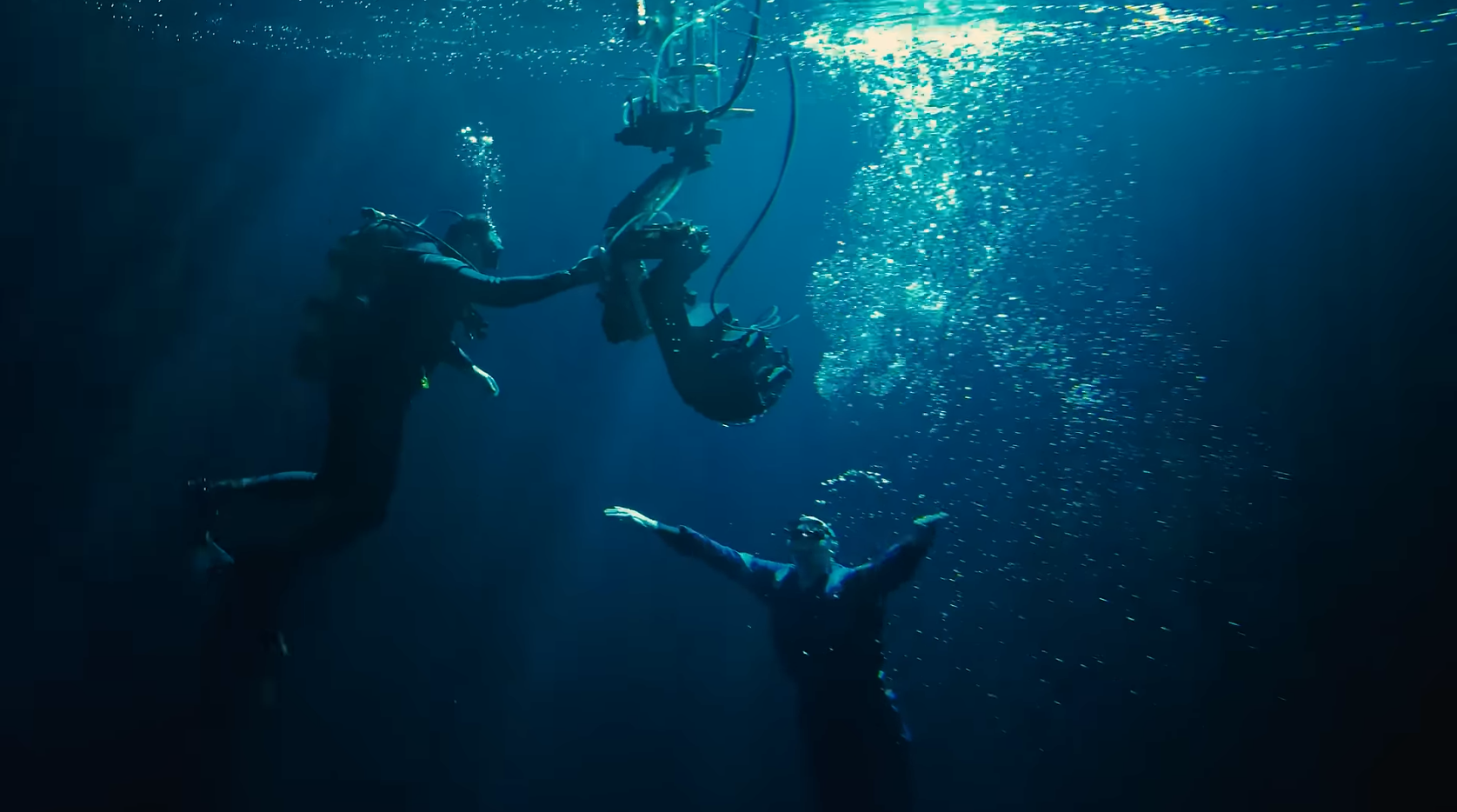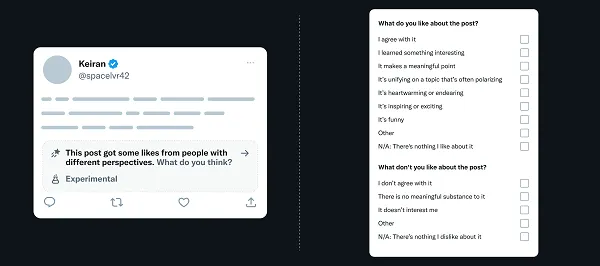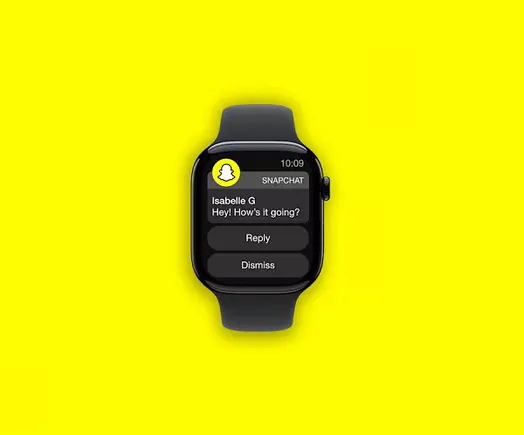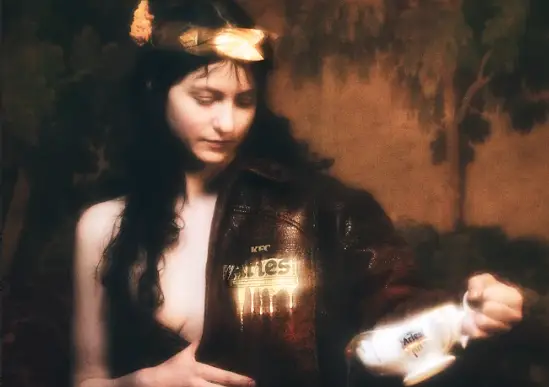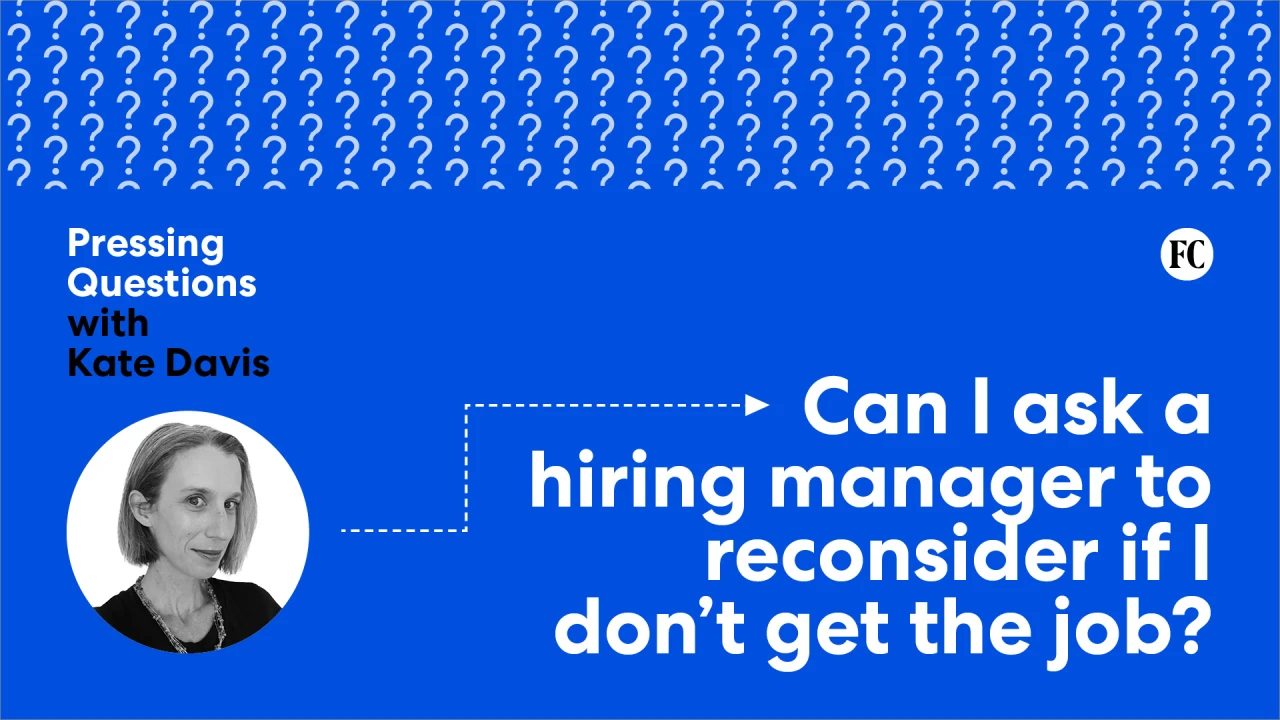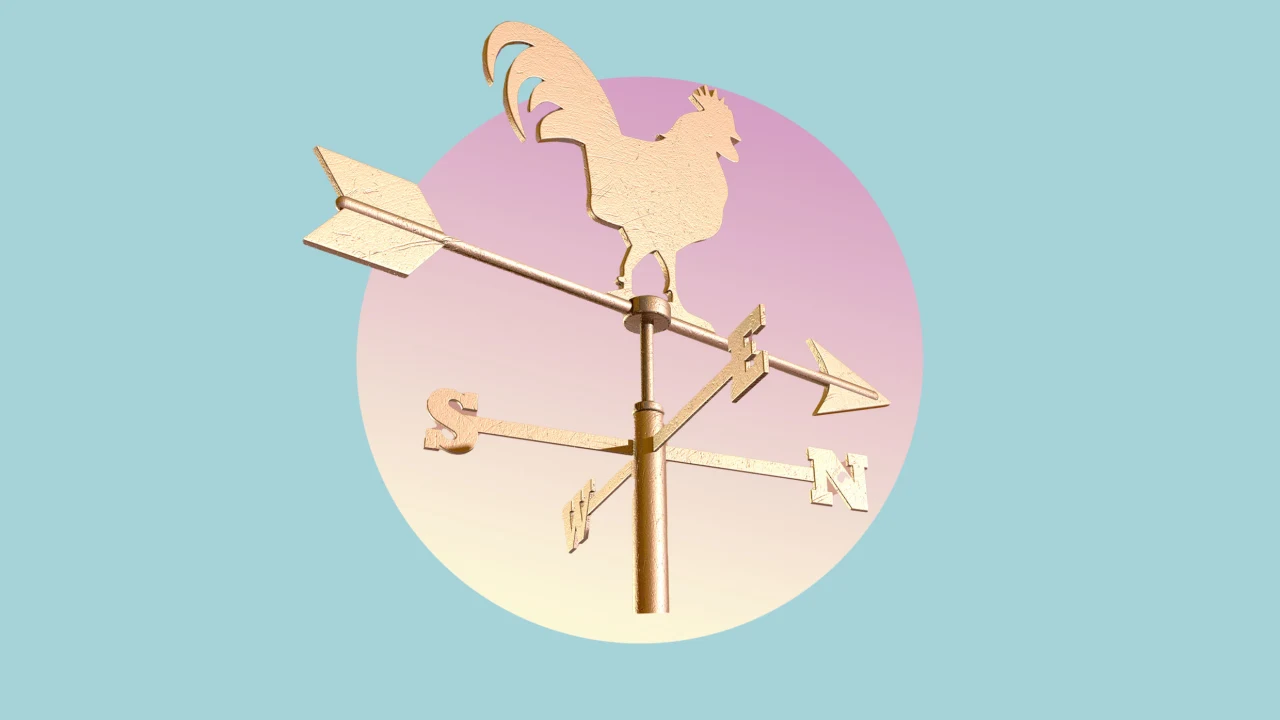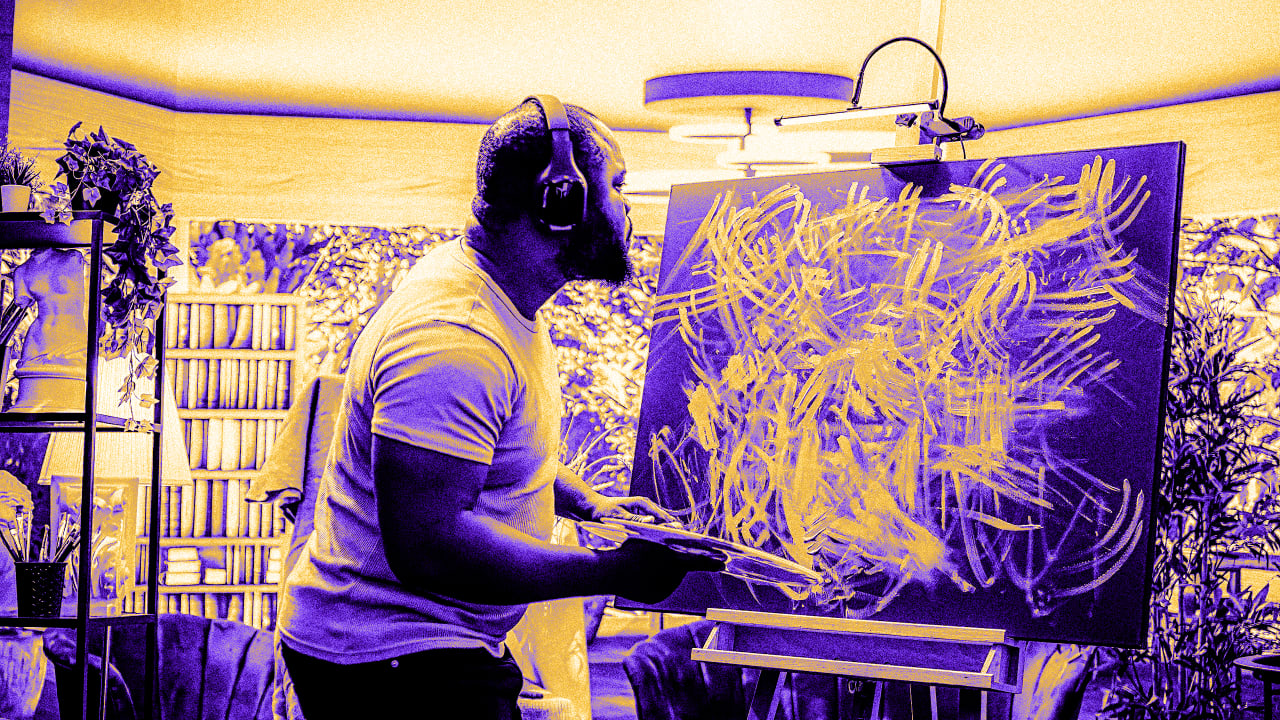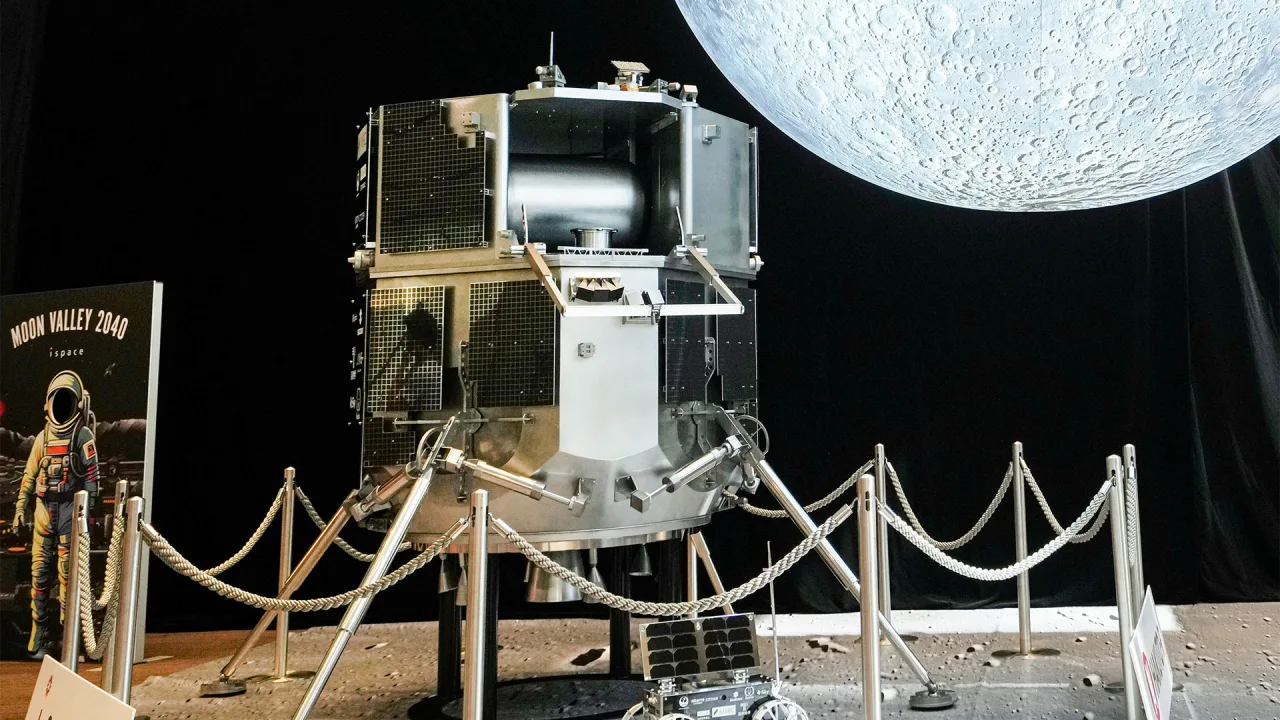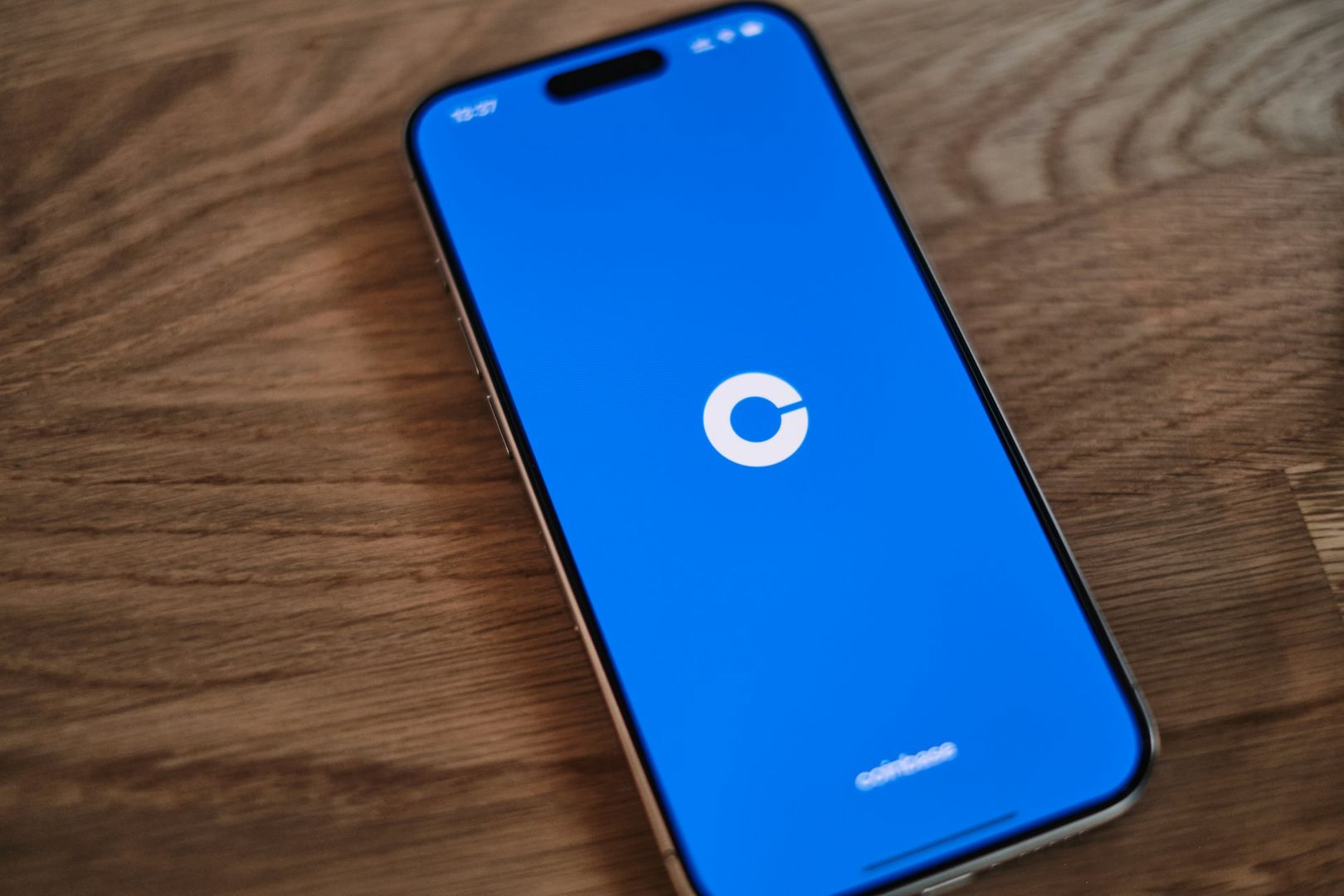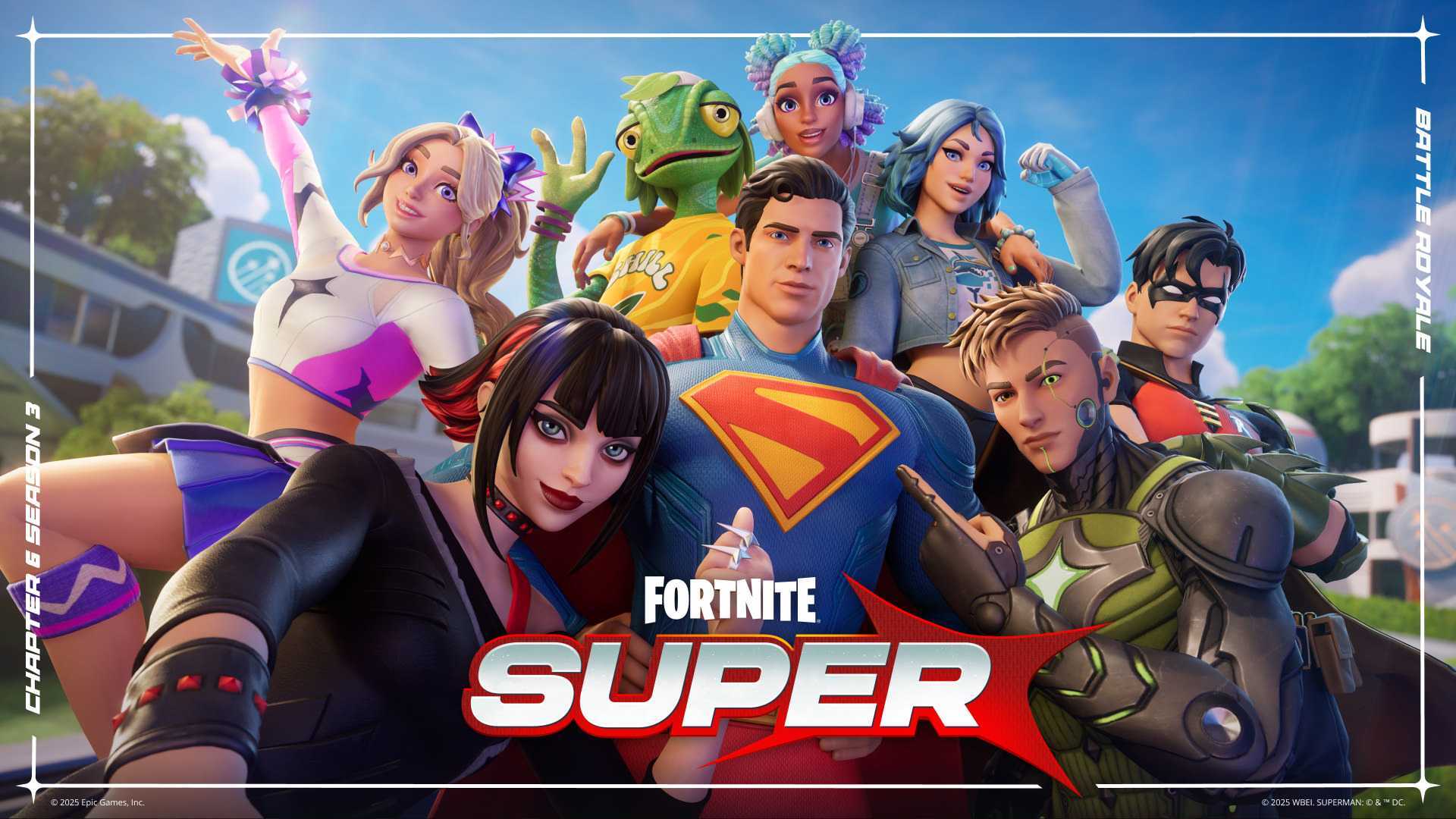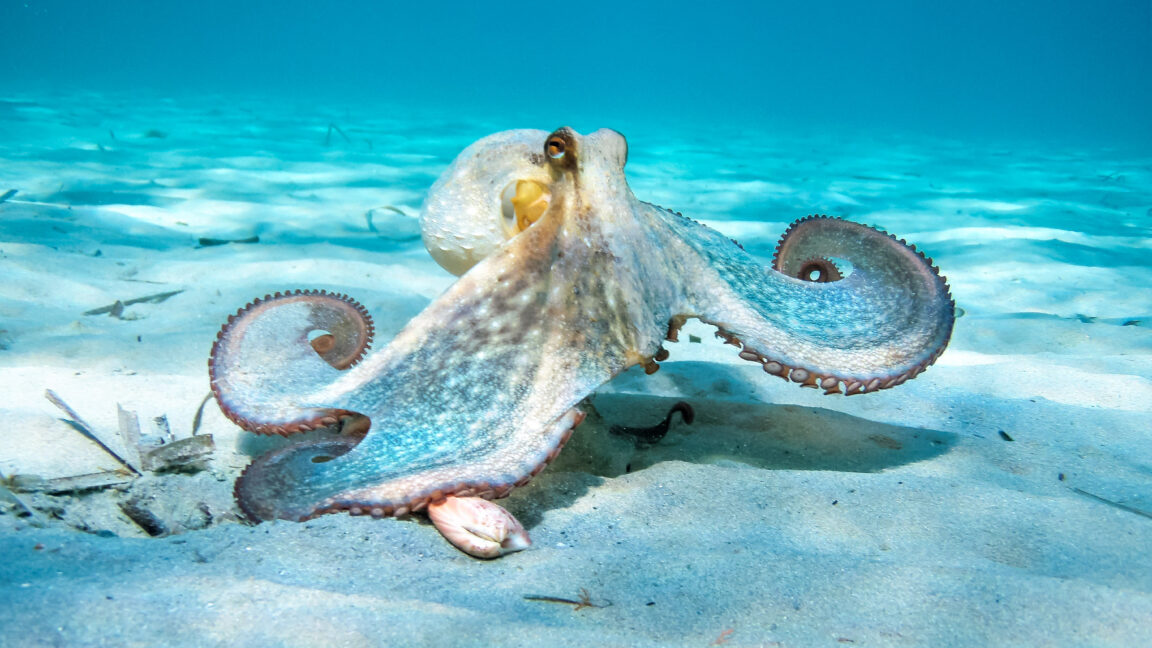5 iconic fictional friendships from must-read books
Discover 5 unforgettable fictional friendships that show us the power of loyalty, love, and connection—sometimes better than real life.


We’ve all experienced that warm ache in our chest when reading about two characters who just get each other. The kind of friends who would cross galaxies, time loops, or a high school hallway warzone just to stand by one another. In a world where true friendship is hard to come by, fiction gives us the comfort of perfect companionship—loyalty without limits, banter without bitterness, and support that never demands explanation.
Fictional friendships are more than subplots—they’re often the emotional heart of a story. They make us believe in the power of human connection, reminding us of what we crave: someone who stays, understands, and grows with us. Whether it's through a shared rebellion, quiet understanding, or years of laughter and grief, these bonds feel real—and sometimes, even better than the ones we’ve had.
5 unforgettable fictional friendships
1. Harry Potter and Ron Weasley – Harry Potter Series by J.K. Rowling
Why we love them: They met on the Hogwarts Express as awkward 11-year-olds and instantly clicked. What followed was a friendship forged in the fires of trolls, Death Eaters, and teenage hormones. Ron never once let Harry’s fame get in the way of their bond (well, except for that one time, but who doesn’t get jealous?). And Harry, despite being “The Chosen One,” always treated Ron as an equal.
What makes it iconic: Their friendship wasn’t perfect, and that’s what made the Harry Potter books feel so real. They fought, made up, saved each other repeatedly, and stood side by side when it mattered most. It’s the kind of bond where silence is safe, loyalty is assumed, and showing up is everything.
2. Samwise Gamgee and Frodo Baggins – The Lord of the Rings by J.R.R. Tolkien
Why we love them: Sam isn’t just Frodo’s gardener—he’s the very reason Frodo made it to Mount Doom. Sam carries not only his friend but the weight of an entire world when Frodo falters. “I can’t carry it for you, but I can carry you”—arguably one of the most powerful lines about friendship in all of literature.
What makes it iconic: This is friendship in its purest form—sacrificial, steadfast, and selfless. Sam proves that the real hero doesn’t always wield the sword or hold the ring; sometimes, he’s the one walking beside you when your feet are broken.
3. Anne Shirley and Diana Barry – Anne of Green Gables by L.M. Montgomery
Why we love them: Anne called Diana her “bosom friend,” a phrase that perfectly captured the intense, poetic, and all-consuming nature of childhood friendship. They shared secrets, daydreams, and the kind of girlish loyalty that feels invincible.
What makes it iconic: Their friendship celebrated the beauty of imagination and emotional intimacy. Through misunderstandings, growing up, and even drunken raspberry cordial mishaps, Anne and Diana remained each other’s safe place in a world that often misunderstood them.
4. Sherlock Holmes and Dr. John Watson – Sherlock Holmes Series by Arthur Conan Doyle
Why we love them: On the surface, they’re opposites—Sherlock Holmes is eccentric, emotionally distant, and brilliant; Watson is empathetic, grounded, and brave. But together, they form a partnership that’s part mystery-solving, part soul-deep understanding.
What makes it iconic: There’s a quiet, unwavering loyalty in their dynamic. Watson never stops believing in Holmes, even when the world turns against him. Holmes, in turn, lets Watson see his most vulnerable sides. It’s a friendship built not on similarities, but on mutual respect and trust—an anchor in the chaos of crime-solving.
5. Aristotle and Dante – Aristotle and Dante Discover the Secrets of the Universe by Benjamin Alire Sáenz
Why we love them: What begins as an unlikely bond between two Mexican-American teens grows into a deeply emotional, transformative friendship. Aristotle is guarded and angry; Dante is open and poetic. Their connection slowly reveals the parts of themselves they didn’t know how to face alone.
What makes it iconic: This friendship shows us how someone else’s love and patience can help us rediscover our identity. It’s gentle, healing, and beautifully layered—proving that the best friendships are those that help us love ourselves a little more.
Conclusion
Whether you’re reading about best friends with a psychic link or two souls connected by ordinary life, these fictional friendships reflect our most human desires—to be seen, to be accepted, and to never feel alone in the fight. They linger with us long after the last page because they show us what's possible: that somewhere out there—or maybe already in our lives—someone is willing to carry our burdens, laugh through our worst days, and grow with us through every chapter.
These stories remind us that friendship is, at its core, a kind of magic. And sometimes, fiction is the best mirror of the love we all hope to find.
